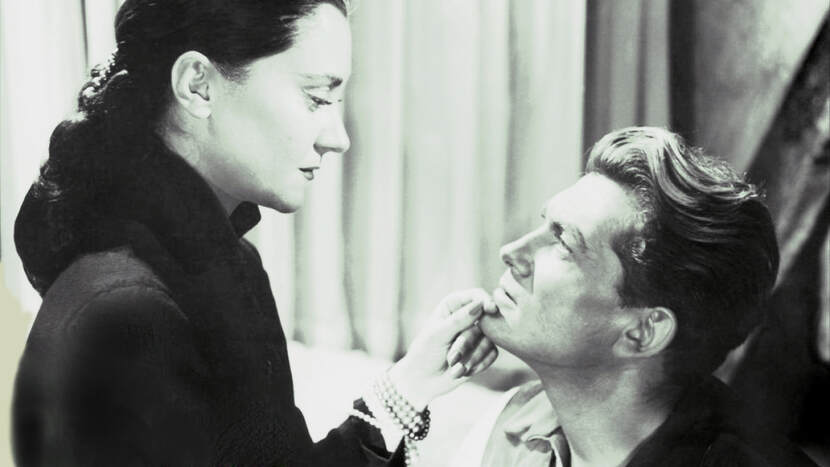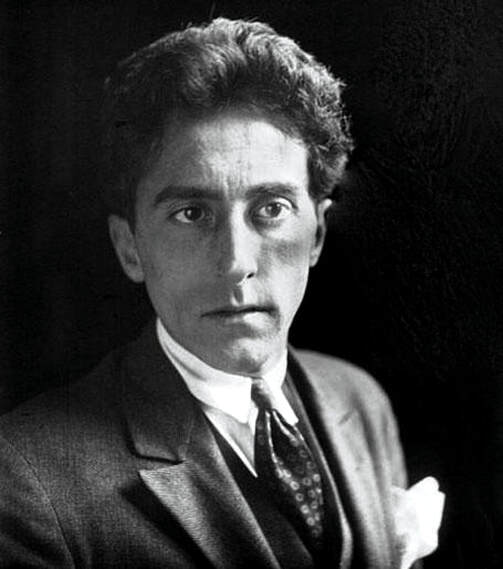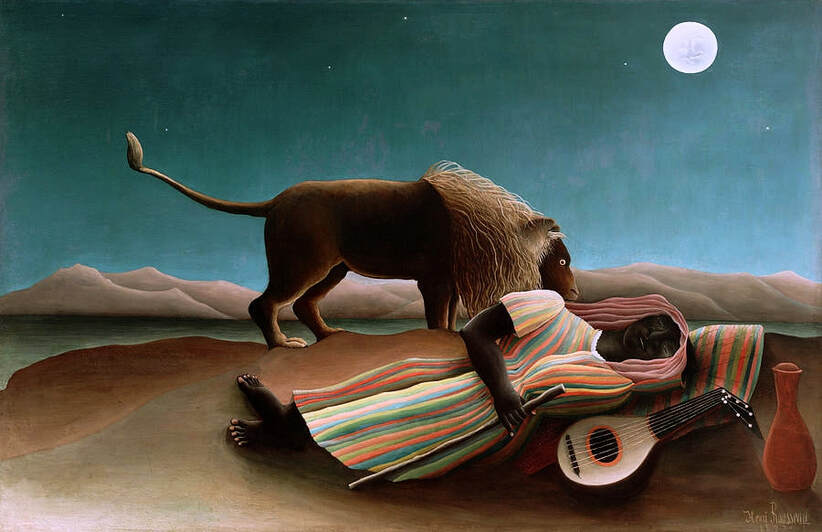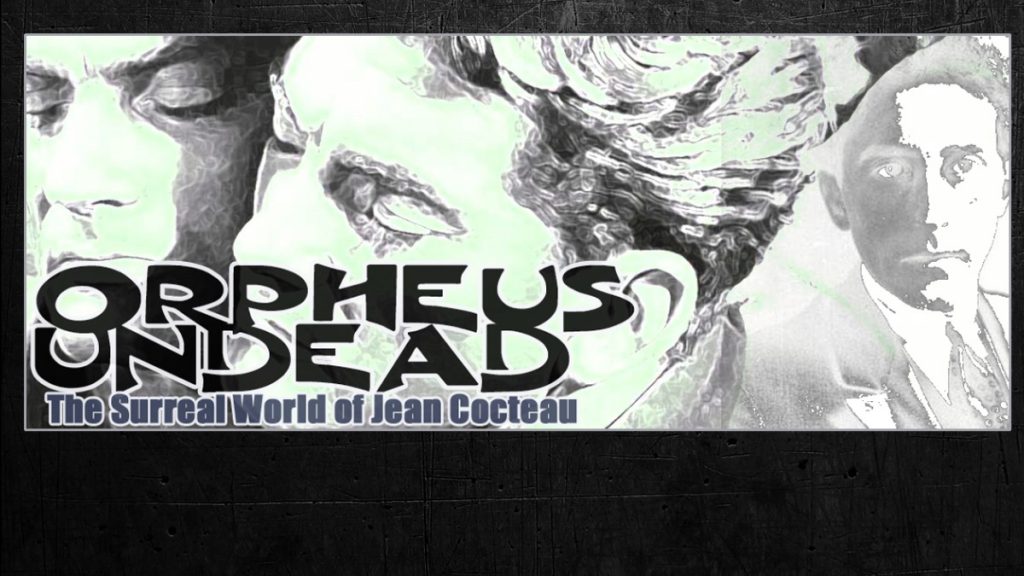Orpheus Undead
From A Groundbreaking New Book by Michael Tsarion
Jean Cocteau’s advant-garde film Orpheus (1950) cannot be fully understood until we realize that it is a horror movie of sorts. Cocteau deals effectively and even brilliantly with the bizarre, uncanny and monstrous. His themes are also existential, given that his main character exemplifies the Outsider.In the first scenes at the café in the square, the once celebrated poet Orpheus is clearly depicted as an outsider. He has nothing more to say to the rank and file, the horde of “artists” gathered there, brawling over nothing. They are the equivalent of the Parisian café set, the pseudo-intellectuals and scribblers transcended by Orpheus whose identity and role have changed of late. He’s no longer of use to the masses, no longer valued, admired and iconic.
As far as the mob is concerned, Orpheus has become passe, blank and meaningless. He no longer astonishes, because he doesn’t care to do so. Once he was their cause celeb, spokesman and potential martyr. But for what cause? Something ephemeral, banal and unworkable? He has left them to their fleeting trends and laments the day he was part of their circle.
Orpheus has ceased to be a public figure and totemic champion for revolutionary malcontents. However, as soon as the Outsider’s message ceases being sociopolitical and incendiary, he’s vilified and ousted. He becomes a creature of the night and the wilderness. He returns, as it were, to the forests and natural elements from which his inspiration comes.His return to the creative abyss is symbolized by the accident scene and surreal journey with the Princess and young dead poet Cegeste. Symbolically speaking, the latter is Orpheus himself, as he once was, but can never be again.
The dark haughty Princess represents the poet’s muse, appearing all of a sudden after her motorcycle escort runs Cegeste over. She orders Orpheus into her Rolls Royce, apparently intent on securing him as a “witness.”
Dark, sullen and alluring, she’s a response to the poet’s present funk. Her car crosses railway tracks, and a dimension-shift takes place. The passengers pass over into the “otherworld;” the realm of the muses.
The poet returns to the realm of the unconscious and uncanny ostensibly to replenish his dried up creativity. By doing so he leaves the world of the familiar. The howl of the unruly mob fades as he semi-willingly journeys forth into a land without street signs and familiar structures. His companion on the journey, the dark female, acts in some respects like Virgil, opening the doors of the underworld. She is obviously familiar with the dark paths leading downward into Hades.
She may at this point represent Death, but is more likely a psychopomp or guide of the dead. She attends the death of Cegeste, the reckless young poet and present hero of the beatnik cafe intellectuals. while for Orpheus, she opens the way to another kind of life. Later, by falling in love with Orpheus, she breaks the secret law of the underworld and pays dearly for doing so.
Cocteau’s brilliant revision of the strange Orphic myth may be interpreted as a comment on the struggle of the male psyche to escape the regressive pull of the terrible mother, whose dark secret “love” often works to hold the Poet (or Maker) from psychic advancement. The Poet (or Oedipal child) grows biologically but remains psychologically incarcerated at the Semiotic level. His emotionally incestuous relationship with his possessive mother doesn’t terminate and he remains under her thrall beyond the years of childhood.
As Freud pointed out, a boy’s arrested development and mother-fixation is usually broken by the presence and influence of the father. The boy’s rivalry with his father ends because of the former’s terror of castration. Reality demands he relinquish his mother-love and shun the taboo desire of taking sexual possession of her. Doing so allows him to engage healthily with the solar world of the patriarchy. In terms of consciousness he becomes solar rather than lunar, masculine rather than feminine, heroic rather than passive.
A child’s ascent from the uroboric enclosure of his mother’s Semiotic world occurs in distinct stages. There are at least four of these – the famous Oral, Anal, Genital and Latency phases, as Freud named them. Passing through each stage helps to acculturate the child to the world of the adult, the world of reason, logic, system, order and fact. After passing through the final Latency period, the child becomes an occupant of the Symbolic realm where he soon learns to communicate and empathically relate with other human beings. Only by breaking the uroboric circle does he become an adjusted member of society.
This initial rite of passage is re-experienced as one ages. All future rites of passage are to some degree replays of the original. Orpheus’ transition from public to private life – from celebrated champion to nobody – to an extent replicates the infant’s earlier act of separation and maturation.
Despite an infant’s difficult ascent to the world of light, he retains the memory of the misty magical world he once knew. For better or worse, the conditioning of the Semiotic stage lives on in his unconscious. Images from the lunar abyss may even dominate his fantasy life. Creative types are particularly prone to be enthralled by such images. Indeed, entire genres of art – such as Dadaism and Surrealism, etc – arose because of the infatuation with unconscious content. Many of these artists were also fascinated by the archetype of the ethereal muse-like girl able to move effortlessly in and out of the spirit world. (See Cocteau’s Beauty and the Beast.)
For Cocteau, the true artist or poet wants to understand and articulate the complex drama of psychological advancement, as well as the nature of the female will inhibiting it. However, despite one’s creative need, it may not be possible to describe the strange archaic realm of the Dragon Mother. It is something ancient, forgotten and largely lost. This is because to describe it means bringing to bear a kind of cognition that simply didn’t exist when one experienced the abyssal realm. The poet’s description of his origins is bound to remain inadequate. Not even the greatest wordsmith can describe the indescribable. The abyssal realm is one of pure experience, not thought.
Cocteau knew this all too well, realizing that “art” is born from the inability to clearly and conclusively articulate what is important to one. Art hopes to go where words and language cannot. But again – as Cocteau, De Chirico, Dali, Rousseau and Magritte understood – there are limits even here. Great art is the exploration of these limits.
If an infant’s experience of the mother-archetype was troubled and conflictual, the poet’s need to describe the relationship can become obsessive. His mental and physical health may even be compromised by the attempt. His struggle to give voice to the shadowy stygian reality causes great anxiety. It leads him to either adore or detest the image of the mother. In the latter case, he may wish to take refuge in the world of the male, whereas in the former case he may find himself unable to escape the drag of the abyss on his soul.The child who for any reason does not manage to effectively escape the baneful influence of his medusan mother cannot successfully enter the solar world and benefit from it. His existence on its periphery is bound to be troubled, sorrowful and unstable. The call of the stygian abyss reverberates within his being, and he soon recoils from the bright upper world. He finally succumbs to the female will which directs his consciousness from that point on.
As an agent of his dark mother’s malignant will, he soon aligns his will with hers, turning against the male and the masculine. Under her spell he becomes monstrous. He is one of the undead. Whatever remains of his fragile masculinity works to maintain her surreal arational world. Although he is able to move between the worlds, he does so as a ghostly somnambulist, at home in neither place.
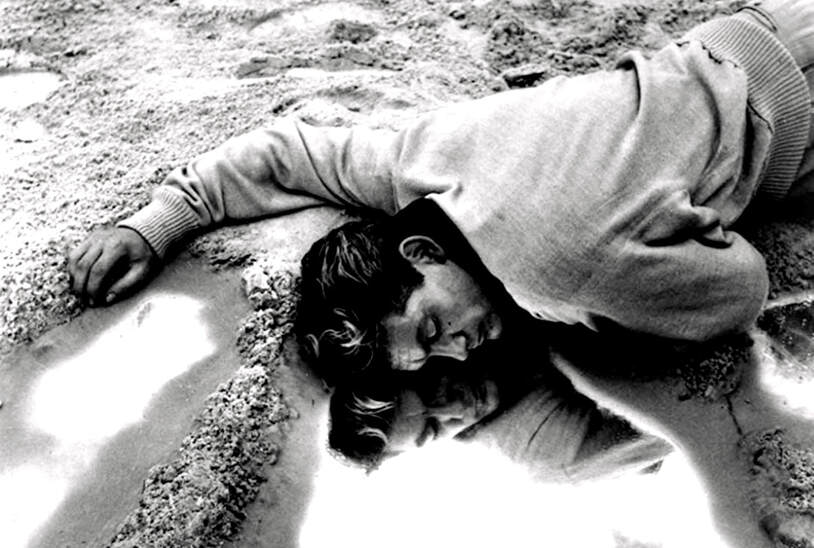
After falling before her feet, the dark mother offers the sickened poet a measure of creative inspiration. In the film, this is symbolized by the gobbledygook coming over the radio, that Orpheus attends to as if it is the highest wisdom. It’s not actual inspiration, only the weak promise of it. From now on, what he desires most will always be round the next corner. And what he once loved and desired in the real world, quickly fades from concern, becoming something of a burden and annoyance. Although he continues to superficially operate as a classic chivalric man, his possessed soul has been well and truly feminized.
Abducted by the Princess, Orpheus crosses the limen into the world of the undead, or more correctly the unborn. Dying to the world of the light, and returning to the womblike underworld of the dark mother, he regresses to a pre-Oedipal stage. To all intents and purposes he becomes the non-individuated “fetus” embraced entirely by the female will. In the film, this is symbolized by Orpheus’s estrangement from his solar-wife Eurydice, herself the object of the dark predatory lesbian Aglaonice.
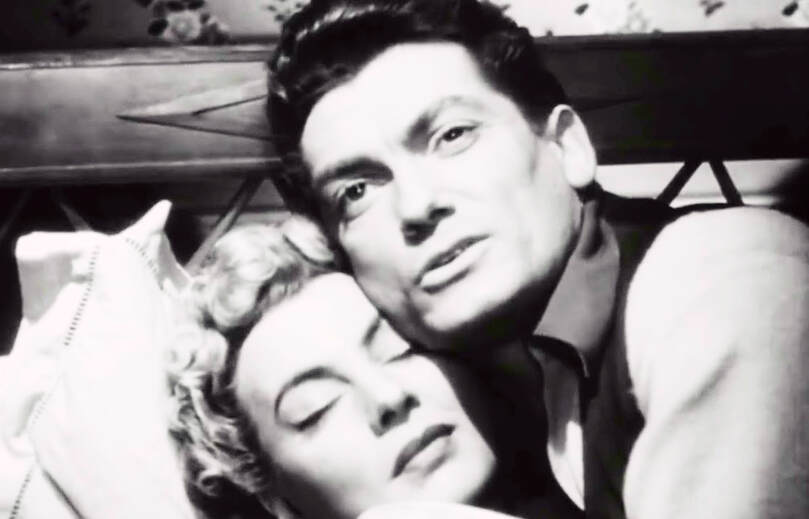
The film’s chief female protagonists, Eurydice and the Princess are for the most part ideas in the mind of the poet Orpheus. They are ideals of love and desire. If he seems to fall out of love with Eurydice, it is only with his idea of conventional domestic love. If he comes to believe in the Princess’s value as a muse, again it is his idea of the love she may embody and exemplify.
In this sense, Orpheus is the man who falls in and out of love with love. That is, his experience of being in love matters more than the physical objects of desire. Like all romantics, Orpheus is enthralled by the ideal rather than the real. The other person is merely a conduit to his narcissistic fulfilment. Eurydice washes his clothes and makes his dinner, the Princess brings him jolts of inspiration. Neither are loved for themselves.
On some level the Princess represents this phantasmagoria, leading the devotee not to creativity and health, but to loss and oblivion. Cocteau’s marvelous twist is to show his audience that the possessing ideal – in the form of the Princess – ends up being condemned to an existence of eternal wandering and lovelessness, meaning that the ideal suffers for choosing a mortal mind in which to settle and express itself.
This leads us back to the banal beatnik café-poets and their histrionic ravings. Their sort is never bothered by the unseen and uncanny. They function happily within crowd-approved horizons and without underworld journeys or highfalutin ideals. They have no individualism to speak of, and need not fear getting lost in the world of phantoms. As a Collective they require only themselves for support and aggrandizement. They remain safe in the world of familiars, straight bright roads and available prosaic goals.
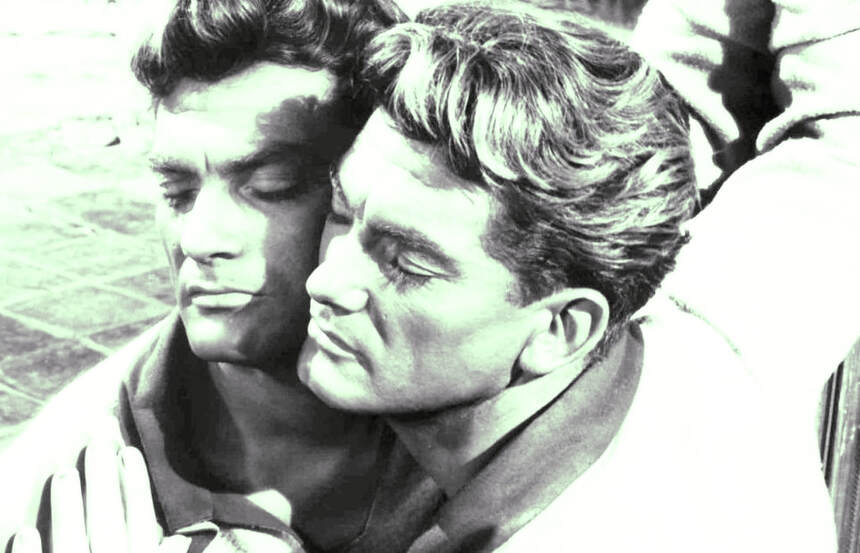
In his masterly Orpheus, Cocteau comments on the infant’s arduous process of gaining liberation from the clutches of the terrible mother. He also muses on the nature of the winged Muse. What happens to a mortal mind when an ideal descends or ascends and takes hold? Is it fertilized or desiccated? Does it progress or regress? Does it become more or less sane and clear? Is it more or less creative? Is the poet’s traversal of the underworld worthwhile? Does it serve or destroy him? Does he master the ideal, or by possessing his being does it bring him to ruin? Is it the agent of Eros or Thanatos?
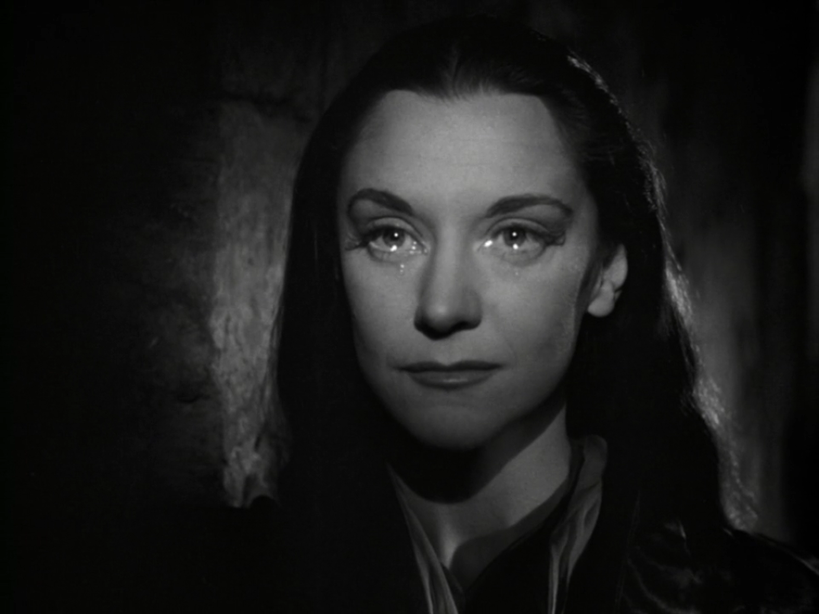
Orpheus’ “love” is merely a combination of curiosity and possessiveness. Under its spell he forgets that the elusive ideas within his mind can never be wholly known or owned.
The Princess (as ideal) haunts Orpheus’ dreams and, like a succubus, she wishes to take him as her lover. After getting himself shot by the enraged café poets, he finds himself transported once more to the realm of the dead. By a stroke of good fortune, the judges of the underworld circumvent the Princess’s plot and restore Orpheus and Eurydice to their normal existence in the land of the living. They are returned with no memory of what has transpired. The Princess is condemned by the judges of the underworld for unwarranted interference in the lives of mortals.
By returning to the world of the familiar, the ideal is banished. It no longer haunts the poet’s mind and heart. His underworld cycle ends and he returns to the arms of his all too physical solar-queen.
However, we are deliberately left without clear understanding. Does the poet now experience true love? Did his obsession with the Princess – and hers with him – constitute a higher or lower love, or does love play no part whatsoever? Will the strange muse return again, and if so in what form?
And despite their traversal into and out of the underworld, can anyone anywhere ever truly describe the indescribable?
Michael Tsarion (2020)
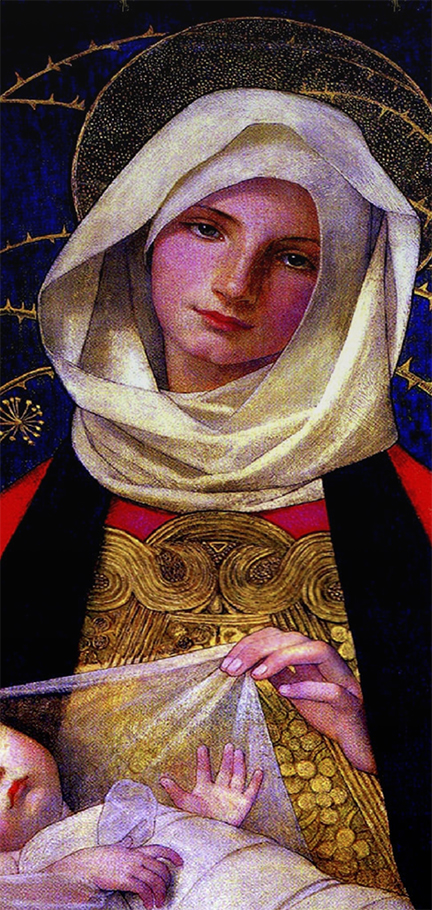
|
|
Come Follow Us on Twitter – Come Like Us on Facebook
Check us out on Instagram – And Sign Up for our Newsletter


